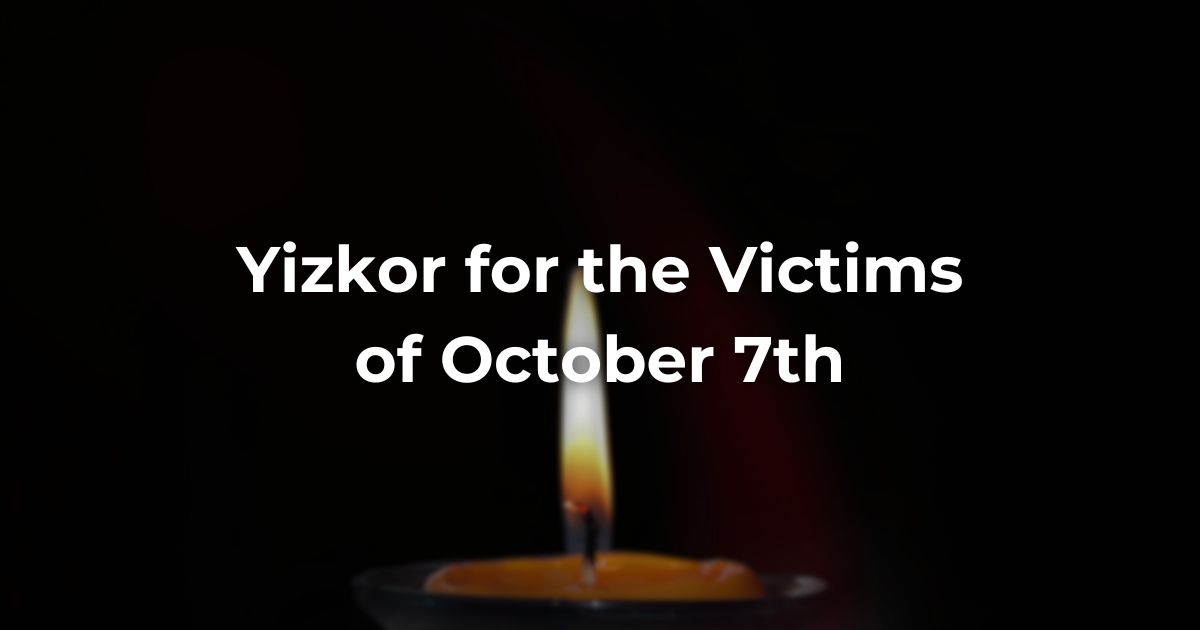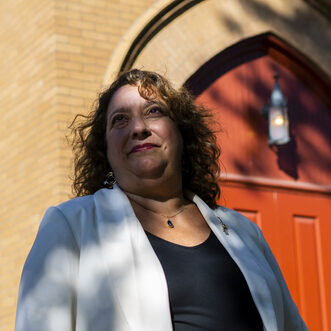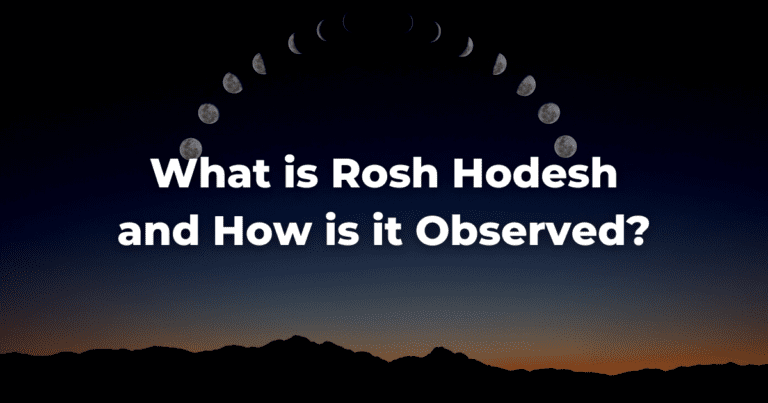This piece is part of Exploring Judaism’s 5785 High Holiday Reader. Download the whole reader here.
Introduction
This Yizkor, for the victims of the Simchat TorahRefers to the first five books of the Hebrew Bible, the Tanakh, also called the Five Books of Moses, Pentateuch or the Hebrew equivalent, Humash. This is also called the Written Torah. The term may also refer to teachings that expound on Jewish tradition. Read more October 7, 2023, attack on Israel, the largest one-day attack on Jews since the Shoah (Holocaust), attempts to capture the personal details of the over 1,230 victims, Jews and Gentiles, killed on this day and who succumbed to injuries in its aftermath.
This work relied on two key websites: the first, the Israeli government’s site remembering victims of terror attacks, and the second, a map of the massacres of the day. Please note that the locations presented in this Yizkor are not meant to be exhaustive of all the places where the tragedies of October 7 occurred.
This work alludes to the language and some of the verses incorporated into the final day Hoshanot, bringing some echoes of the sacred commemoration into conversation with the holiday on our calendar. Finally, a few key phrases from Israeli culture and music used in the aftermath of the massacre were pulled into the Hebrew as well.
This piece has three different sections, which can be used as one whole, or an individual element can be used. Additionally, any of these sections can be incorporated into the Eilleh Ezk’rah section of Musaf for Yom Kippur if communities wish to keep the focus of Yizkor on individuals’ loved ones. The first piece, “We Remember,” is a detailed list of how we remember the atrocities of October 7th. The second section invokes the liturgy of the Hoshanot, and calls out crying to Adonai to remember us. The third section is a specific El Maleh Rahamim for the victims of October 7th.
A full service can be found here via the Rabbinical Assembly.
Author
-

Rabbi Dr. Karen G Reiss Medwed, is Teaching Professor emerita at Northeastern University. She serves as Interim Vice Provost, Academic Affairs and Initiatives for HUC-JIR. Dr. Reiss Medwed's scholarship includes digital education, higher education leadership, and faith-based education. Dr. Reiss Medwed was ordained by JTS in 1995, and earned her Ph.D. from New York University's Steinhardt School of Education in Curriculum, Teaching and Learning with a specialization in Jewish education in 2005.
View all posts






